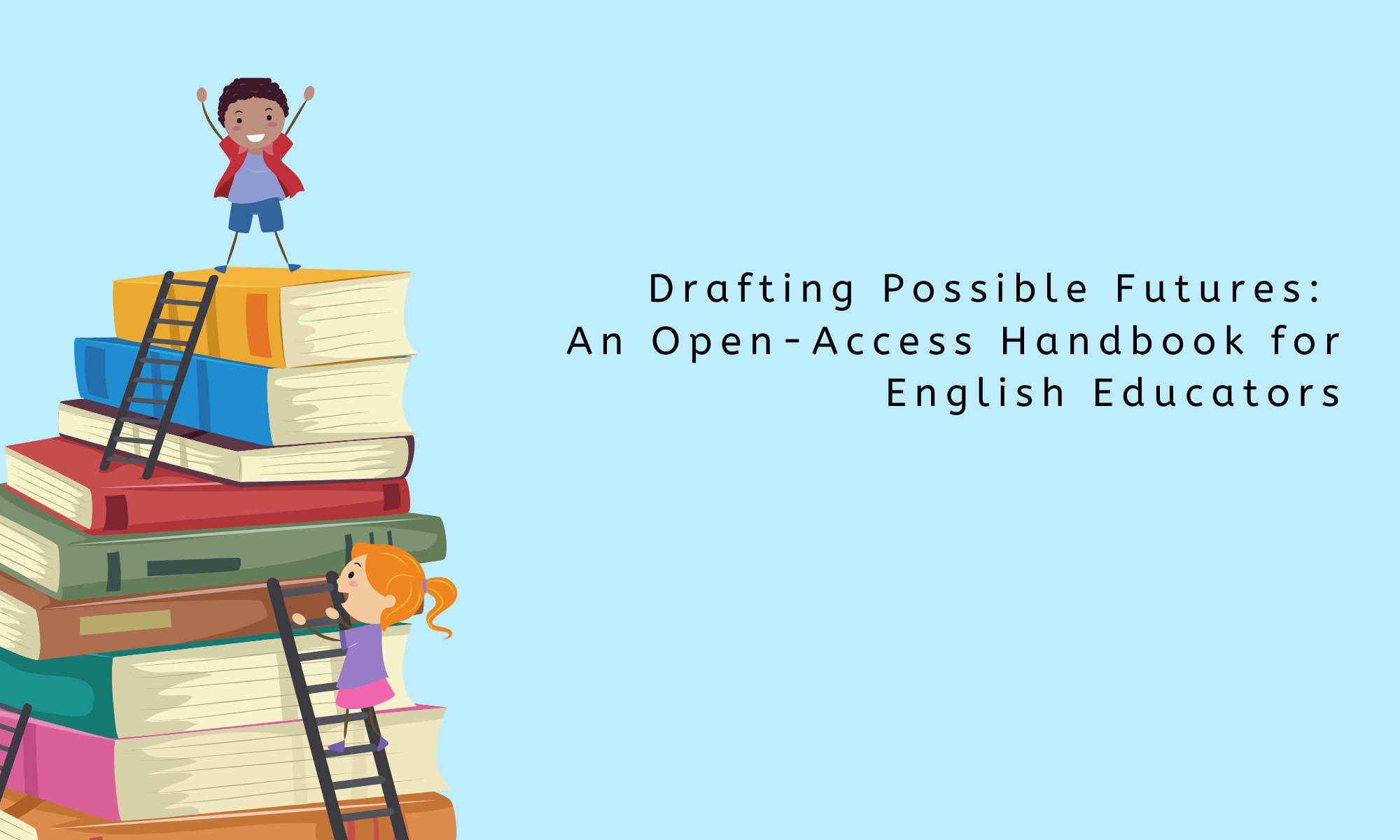Welcome to Drafting Possible Futures: An Open-Access Handbook
by Cassandra Fegert
Decolonization is not an “end,” but an active process in which we all claim responsibility to dismantle the systemic colonial harm that has long been entrenched in our educational institutions and rendered students vulnerable, reclaim the rightful histories and opportunities that have evaded our practices, and restore the classroom as a space of possibility, hope, and healing. To decolonize education as ELA instructors is to investigate, reframe, and mend the practices that have pervaded our curriculum, and to generate avenues in which to allow students to flourish despite the disadvantages presently upheld in our educational systems.
In the age of COVID-19 and distance learning, teaching becomes a tumultuous act, saturated with confusion and difficulty, as our roles as educators become more abstruse and undefined. Through remote learning, we witness the overt inequities that are especially highlighted in a time where we can’t reach and support our students, or provide a learning environment that at once may have served as a space of healing. Our essential question remains as such: how can we reduce harm in this kind of system? How can we combat the ever-prevalent colonial harm, exacerbated by remote challenges, that has reduced learning to a numerical system defined by grading and passing or failing?
In Part I of this handbook, we explore the utilization of digital literacies, young adult literature, comics and graphic novels, and video games as legitimate areas of learning and educational development, and more significantly, valid forms of expression and academic performance. Then, in Part II, we examine the impacts of implementing a variety of non-traditional writing styles such as journaling and free-writing, trauma-informed writing for social-emotional well-being, humanizing writing through artistic practices, and multimodal memoir composition. Furthermore, we will analyze how, through restorative and representational practices, these acts of writing can serve as foundations for student learning and skill development.
Our hope as present and future ELA educators is that education might exist as a place of authentic learning. We hope to stray from the idea that there is a single successful mode of instruction, and instead seek to establish models that are culturally relevant, diverse, and multimodal. We seek to uncover and upend the sociopolitical and damaging contexts hidden within our present curriculums, so that education may evolve into a multicultural experience that is dynamic, thoughtful, and healing.
To better understand our hopes for the future, we encourage you to read “Decolonization is not a metaphor” by Eve Tuck and K. Wayne Yang, which describes the “elsewhere” that decolonization has the potential to lead us. Additional resources include: “Decolonization Is For Everyone” by Nikki Sanchez, “Upending Colonial Practices: Toward Repairing Harm in English Education” by de los Ríos et al., and other valuable articles provided on our course website.



